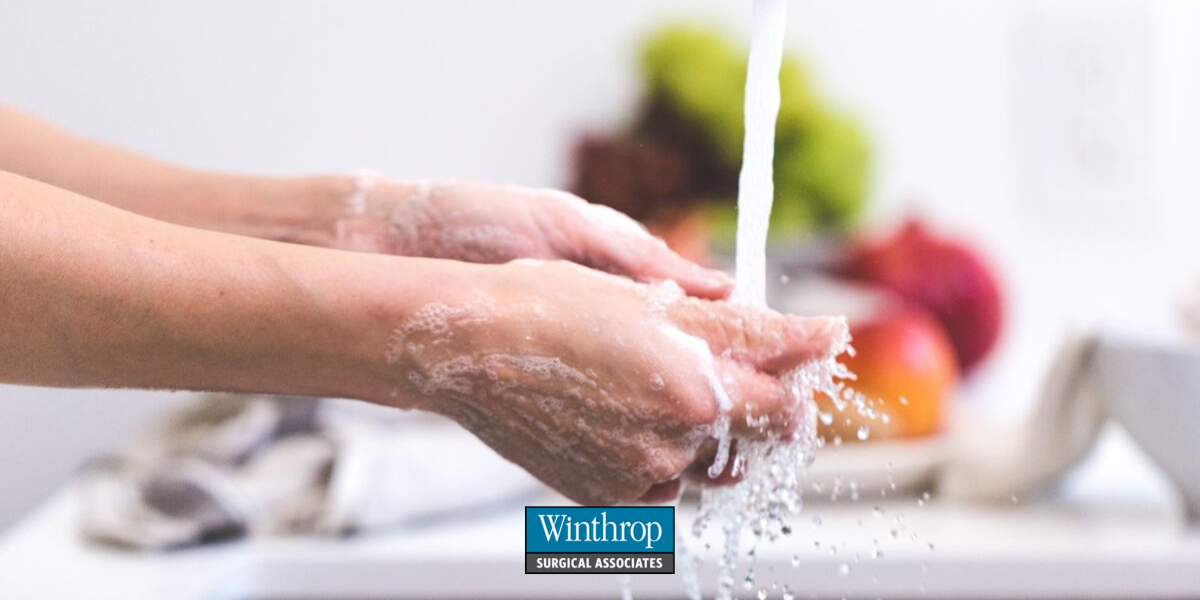Food Safety Facts
By Elizabeth Schledorn RN, MSN, CNOR, CBN, CHHC
After weight loss surgery, making conscious decisions about what types of foods you ingest is very important. The best way to accomplish this is to cook your own meals at home. Home-cooking allows you to control exactly what ingredients are going into the meals you ingest. This enables you to meet your post-WLS nutritional requirements while keeping questionable, and even harmful, additives and chemicals out of your body. The process of home-cooking is not without its own risks, though. If you are a novice home cook, or even a more experienced cook, it is vital to keep food safety practices in mind to keep your nutritious, bariatric-friendly meals from making you sick to your (smaller) stomach.
Food poisoning occurs when you ingest foods contaminated with bacteria, viruses, molds, toxins, parasites, or other contaminants. While most cases result in short-term discomfort, there is the possibility of some very long-term consequences such as brain damage, chronic arthritis, kidney failure, and death. Consistent use of good food safety practices can help minimize your risks.

According to Foodsafety.gov, when preparing foods for cooking, here are some practices to incorporate into your routine…
- Always wash your hands before, during, and after food preparation with soap and warm (or cold) running water. Dry thoroughly.
- Wash fruits and vegetables under running water (do not use soaps)
- Do not wash animal proteins (this may contaminate the sink and other surfaces)
- Separate animal proteins from other foods in the refrigerator and during preparation (to prevent cross-contamination)
- Thaw and/or marinate foods in the refrigerator (not at room temperature on the counter where bacteria will multiply rapidly)
- Use a food thermometer to check the internal temperature of the food (in several spots) for uniform doneness
- Keep cooked food hot and cold food cold during service and refrigerate leftovers within 1-2 hours (bacteria multiply quickly between 40F and 140F)
- Dispose of leftovers in a timely manner (use this chart to determine when it’s time to let go of your leftovers… http://www.foodsafety.gov/keep/charts/storagetimes.html)
Visit the Foodsafety.gov website (www.foodsafety.gov) for more tips and charts to help you prepare, cook, and store your meals safely.
There are many benefits to cooking your own meals. By consistently using and making these food safety practices a habit, you will guarantee that the food you prepare and consume will nourish your changing, post-WLS body without accidentally harming it.
